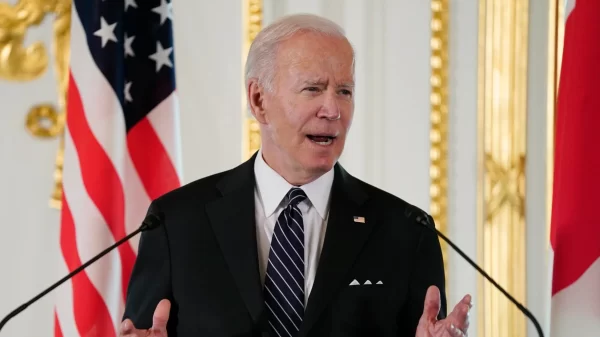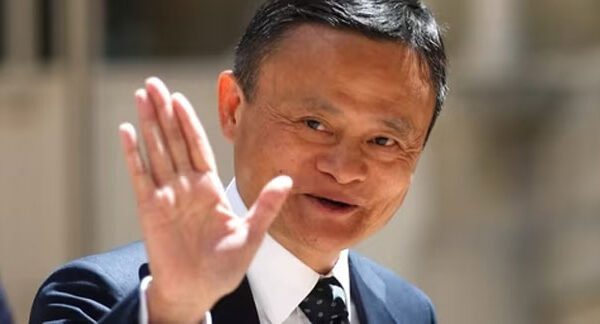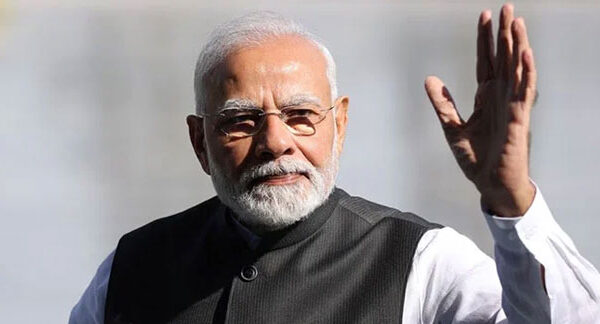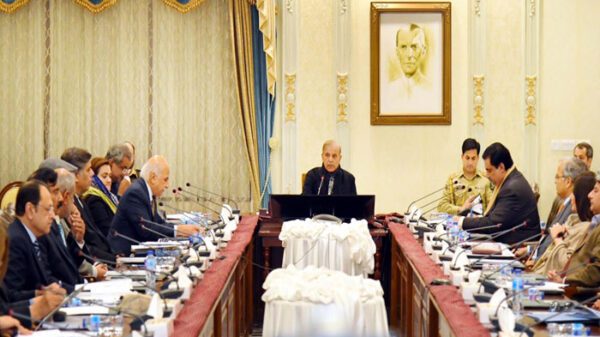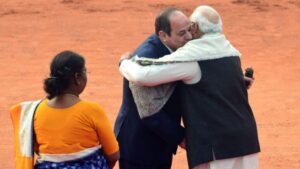Israel-Palestine Violence: Why Netanyahu Has Become So Aggressive
Israel carried out airstrikes on the Gaza Strip on Friday. A day earlier, Israeli security forces killed nine Palestinians in an operation in the Jenin refugee camp in the West Bank. This was the largest operation by Israeli security forces in the West Bank in recent years.
So far in 2023, at least 30 Palestinians, including rebel fighters and civilians, have been killed in Israeli security forces operations.
According to the United Nations, in the year 2022, at least 150 Palestinians were killed in the action of Israel’s security forces. At the same time, four Palestinians were killed in attacks by Israelis settled in the West Bank.
According to the United Nations, most of the people killed in these operations and attacks were under the age of 25.
Why is there tension between Israel and Palestine?
After the end of the Ottoman Empire in the Middle East after the First World War, this area was occupied by the British.
Most of the people of Jewish and Arab community lived here. Tension increased between the two, after which the British rulers talked about making ‘land’ for the Jews here in Palestine. Jews consider this area as their ancestral land, Arab communities also claim it as their own. As a result, the tension between the two started increasing.
In 1947, the United Nations ratified the decision to divide Palestine into two parts, one part of the Jews and the other of the Arab communities.
On May 14, 1948, Jewish leaders announced the formation of the nation of Israel amid Arab protests and the British left.
Soon after this the first Israel-Arab war took place. About seven and a half million Palestinians became homeless.
This entire area was divided into three parts – Israel, the West Bank (west bank of the Jordan River) and the Gaza Strip.
The Palestinian population lives in the Gaza Strip and the West Bank. The conflict between Israel and the Palestinians is still going on.
The aim of Israel is to be recognized as a Jewish nation on the world stage. Whereas Palestine has been opposing it.
airstrikes on gaza
Israel carried out airstrikes on the Gaza Strip on Friday. According to reports, Israeli aircraft carried out at least thirteen airstrikes on the Al-Maghazi refugee camp. Apart from this, the Al-Zaytoon area of Gaza City was also attacked.
First missiles were fired from Israeli drones, after that fighter jets attacked.
At the time of writing this report, no information has been received about the casualties in the air strikes on Friday.
Gaza is the most densely populated area in the world where about 2.1 million people live.
Israel says it has destroyed an underground Hamas rocket factory in retaliation after the rocket attacks.
Israel also claimed to have destroyed several rockets fired from the Palestinian side in the air. Israel says that it is also targeting the leaders of Islamic Jihad in these airstrikes.
At the same time, Palestinian groups have said that they will avenge the death of the Palestinian people killed in the Israeli attack in Jenin.
tension rising again
After these latest actions, the tension between Israel and the Palestinians has increased once again.
Turkey has condemned the Israeli attacks on Gaza and Jenin. In a statement, Turkey’s Foreign Ministry said, “We are concerned about the increasing tension in the West Bank and we condemn the attacks that took the lives of civilians.”
Turkey and Israel restored diplomatic relations in the year 2022 after several years of tension. However, after the formation of a new fundamentalist government in Israel, these relations are now seen to be in trouble.
US Secretary of State Antony Blinken is going to visit Israel, Egypt and West Bank. He will appeal to both the sides to reduce the tension.
The announcement of Blinken’s visit to start next week has been made shortly after the action of the Israeli security forces on the Jenin camp.
conflict between Israel and Palestine
The nation of Israel was formed on 14 May 1948. Soon after, the first Israel-Arab war took place, in which Israel won and about seven and a half million Palestinians became homeless.
This area was divided into three parts – Israel, the West Bank (west bank of the Jordan River) and the Gaza Strip. The Palestinian population lives in the Gaza Strip and the West Bank.
Since then there has been a conflict between Israel and the Palestinians. Fierce wars have also taken place between Israel, Egypt, Jordan, Syria and Arab countries.
Tension has risen in recent years after an Israeli court ordered the eviction of several Palestinian families from the Sheikh Jarrar area. In October 2020, an Israeli court ordered Palestinian families living in the Sheikh Jarrar area of East Jerusalem to vacate and replace them with Jews. By May 2021, the families had to vacate their homes and lands. In February 2021, these families appealed to the Israeli court for which a legal battle is going on.
In April 2021, Palestinians protested against the eviction of people from Sheikh Jarrar. In May, the protests became more violent when the court ordered the eviction of the house.
After several days of protests, on May 7, 2021, violence started in the Al-Aqsa Mosque compound.
Tension spread throughout East Jerusalem following violent incidents in the ancient city of Jerusalem.
After several days of violence, on May 10, Hamas launched rocket attacks on Israel, in response to which Israel carried out airstrikes on Gaza, killing many Palestinians.
On May 21, both the parties reached an agreement with the mediation of Egypt. According to Human Rights Watch, at least 260 Palestinians were killed in this conflict.
far-right government
In December 2022, Benjamin Netanyahu will once again become the Prime Minister of Israel. This time he formed the most radical and religious coalition in the history of Israel.
Along with Netanyahu’s Likud party, two ultra-conservative and three far-right parties also came to power. These include the Religious Zionist Party (Religious Zionist Party), which is associated with the movement of Jews settling in the West Bank, and the ultra-nationalist Jewish faction.
To come to power, Netanyahu made several concessions to these hardline parties, including the expansion of Jewish settlements in the West Bank.
Netanyahu appointed Itamar Ben Gvir, leader of the Jewish Power Party, convicted of inciting racial violence against Arabs, as national security minister.
At the same time, Bezalel Smotrich, head of the Religious Zionist Party, was made the head of the department looking after Israel’s settlements in the West Bank.
Israel’s new government is trying to implement its fundamentalist and anti-Palestinian policies quickly and the tension has increased due to this.


